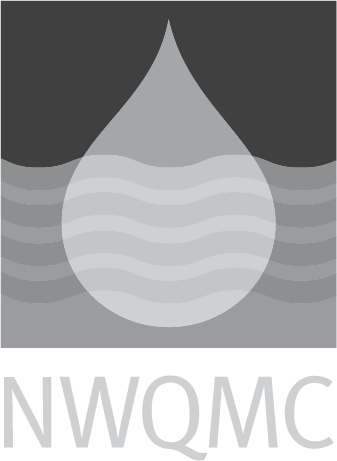AOAC: 993.3: Inorganic Anions in Water
|
Official Method Name
|
Inorganic Anions in Water by Ion Chromatographic Method |
|---|---|
|
Current Revision
| Final Action - 1997 |
|
Media
|
WATER |
|
Instrumentation
|
Ion Chromatography |
|
Method Subcategory
|
Inorganic |
|
Method Source
|
|
|
Citation
|
|
|
Brief Method Summary
|
Anions in test sample are separated by ion chromatographic system containing guard column, separator column, and suppressor device and are measured using conductivity detector. |
|
Scope and Application
|
Applicable to determination of bromide, chloride, fluoride, nitrate-N, nitrite-N, orthophosphate, and sulfate in drinking water and wastewater in the range shown in Table 993.30A. |
|
Applicable Concentration Range
|
0.3 - 100ug/L. Ranges differ for each analyte. This range is taken from the lowest and highest limit of the analytes listed in the method. |
|
Interferences
|
(1) Coeluting species (e.g., low-molecular-weight organic acids). (2) High concentration of anion can effect resolution of peaks and elution times. (3) Fluoride is especially sensitive to coeluting species, and "water dip" (corresponding to the elution of water) at low concentrations. |
|
Quality Control Requirements
|
IDLC, LFB (4), LRB, FMR, FD, CV, QCS, PE (recommended) |
|
Sample Handling
|
Collect sample in 60 mL high-density polyethylene bottle with 20 mm thick polypropylene screw cap. For fluoride, bromide, and chloride, no preservation with holding times of 28 days. For nitrate-N, nitrite-N, and orthophosphate-P, refrigerate at 4 degrees C with holding times of 48 hours. For sulfate, refrigerate at 4 degrees C with holding times of 28 days. |
|
Maximum Holding Time
|
48 hours (NO2, NO3, orthophosphate) 28 days (others) |
|
Relative Cost
|
$51 to $200 |
|
Sample Preparation Methods
|




